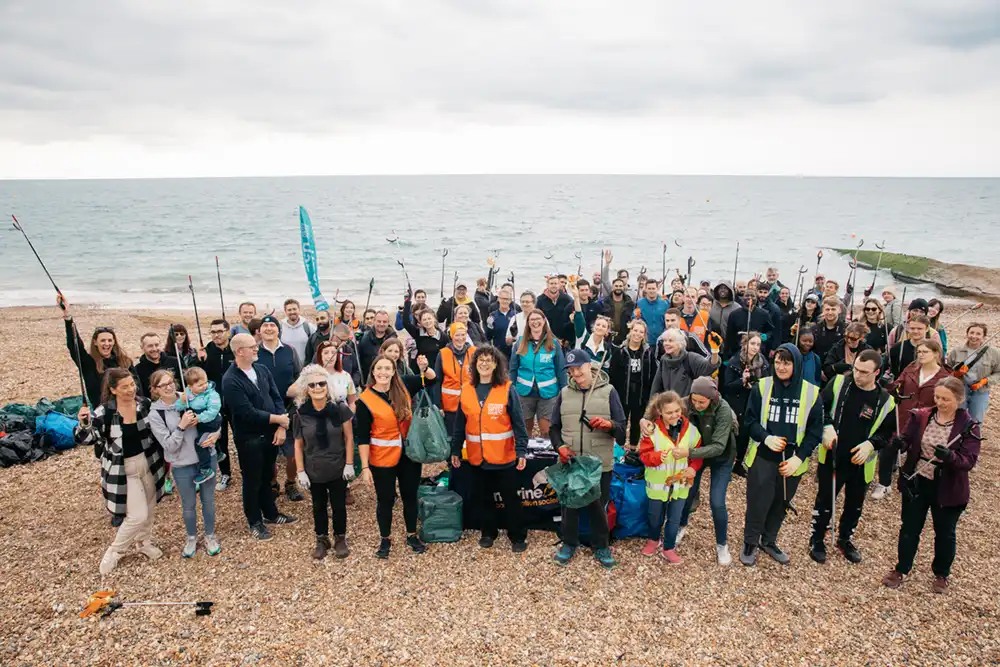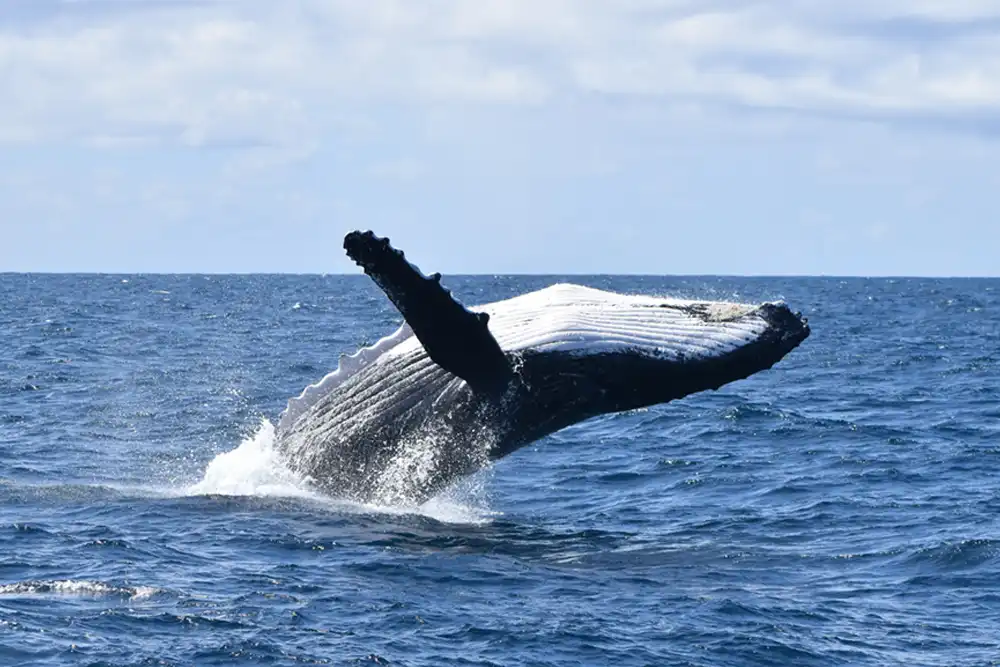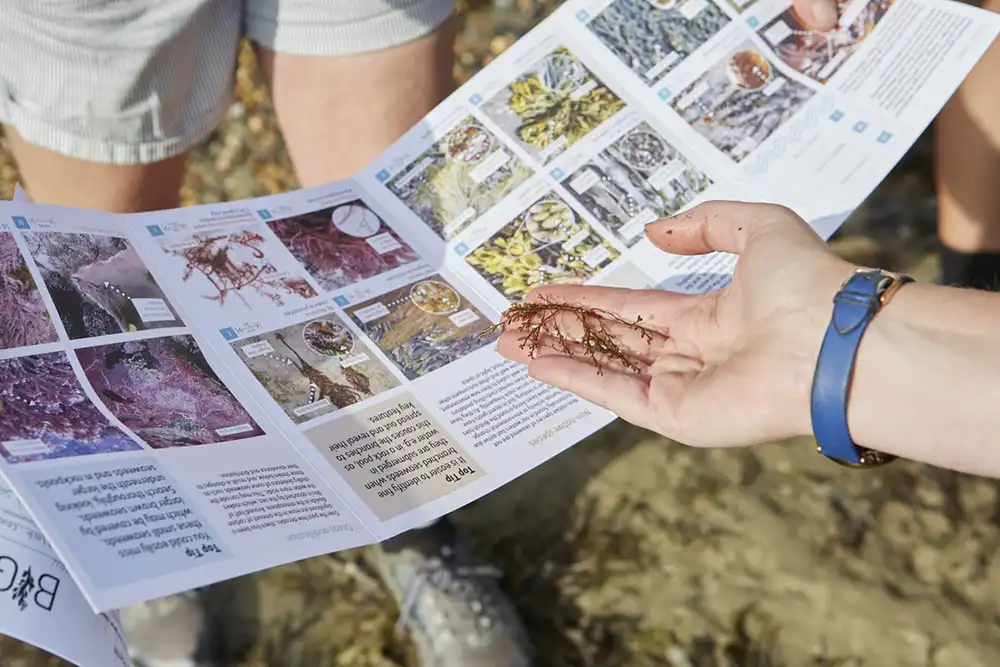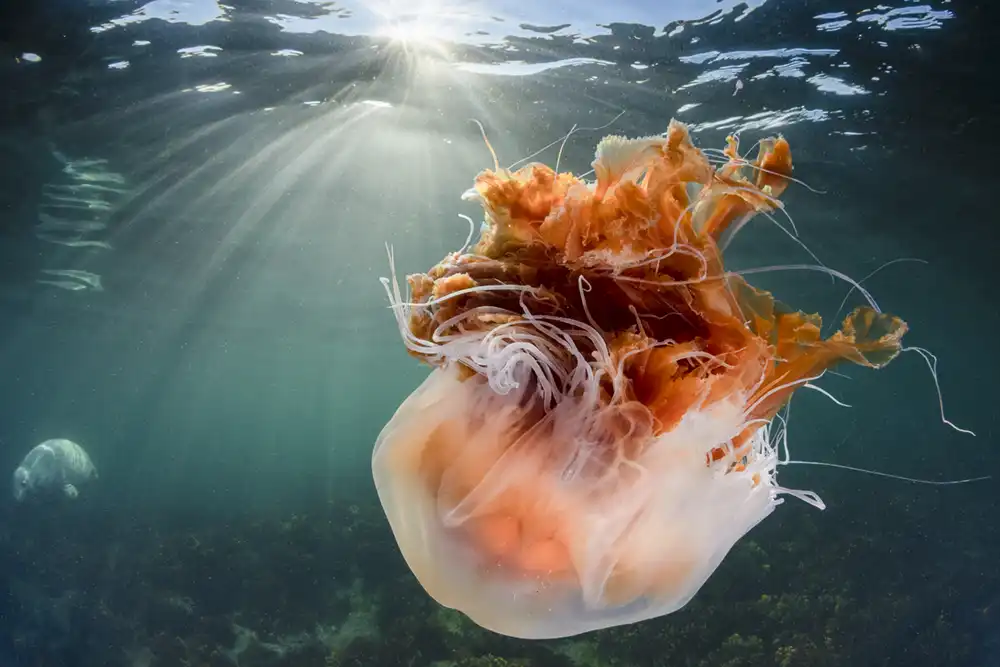
Looking for something fun to do over the Easter holidays? The Marine Conservation Society (MCS) has some suggestions for combining family fun days out with some citizen science…
With warmer weather on the horizon, the Marine Conservation Society shares how you can make the most of your time at the beach this spring, while helping to protect the UK’s seas and coastlines.
Hannah Bester, MCS Head of Volunteering & Citizen Science at the Marine Conservation Society said, ‘Spending time outdoors is essential for our mental well-being, and connecting with nature can be especially valuable during half-term – a time that can often be expensive for families to travel abroad.
‘That’s why we’ve put together some free activities to enjoy at the beach this Easter. Whether you’re rockpooling, beach cleaning, or simply exploring, even just a few hours by the sea is a great way to recharge while helping to safeguard our precious marine environment.’
For families looking to keep children entertained over the Easter break, the UK’s leading ocean membership charity has compiled a bucket list of coastal activities that are both fun and impactful.
Beach cleans

Regular beach cleaning events take place regularly throughout the UK, and it’s easy to join one – or run your own.
Recording each piece of litter removed from a 100-metre stretch of beach collects vital data that MCS uses to identify the type of litter polluting the seas, providing crucial insights to help to inform government policy and support lasting environmental change.
Head to the MCS Beach Clean locator page to find a beach clean near you.
Whale watching

Humpback whale sighting season is coming to an end, but they’ve been spotted around the UK and Irish coasts recently, so it’s still worth heading out to see if you can spot one.
Grab your binoculars, head to the beach, and take a moment to scan the horizon. Even though the whales may be moving on, there’s always the chance of spotting other incredible marine life, such as dolphins or seals, depending on where you are in the UK.
Be sure to check local community groups on social media for any recent sightings – and if you do spot something, logging it on the Sea Watcher app – available for Apple and Android devices – will aid conservation efforts.
Big Seaweed Search

Each year, the Marine Conservation Society, in collaboration with the Natural History Museum, encourages people across the UK to take part in the Big Seaweed Search and report any seaweeds they spot along the coast.
Recording the species and their locations helps scientists to track changes in seaweed distribution, an important indicator of marine ecosystem health – a simple yet meaningful way to get involved with marine conservation.
Find out more about the Big Seaweed Search – including handy seaweed identification guides – on the MCS website.
Explore the shoreline
Head to the beach for a rockpooling adventure or embark on your own ‘seashore safari’, then use the MCS Rockpooling Guide to identify your finds.
You can download the charity’s Seashore Safari Guide to help you identify shells, crabs, and other natural wonders. These activities are a great way to connect with nature and learn about marine life, all while staying on dry land.
Just make sure to check the tide times and be sure not to disturb the wildlife.
Hunting for mermaids’ purses

Keep an eye out for the egg cases of sharks, rays and skates – colloquially known as ‘mermaid’s purses’ – which are often found washed up on the beach after the embryos inside them hatch
Each species’ eggs look different, but the size, shape and features can tell you which one laid it. The Shark Trust has a detailed guide to each, and an app to report the sightings, which will help scientists learn more about the types and distribution of egg-laying species around the UK and Ireland.
Jellyfish spotting

Jellyfish season doesn’t officially start until May, but the jellyfish don’t know that!
Spotting jellyfish helps scientists track their movements and populations, which are key indicators of changes in the marine environment.
MCS has a detailed guide to help identify the different species, and it’s really helpful to report the sightings as they contribute towards vital marine research and conservation efforts.
For more from the Marine Conservation Society, head to mcsuk.org or follow the team on Facebook or Instagram @mcs_uk


